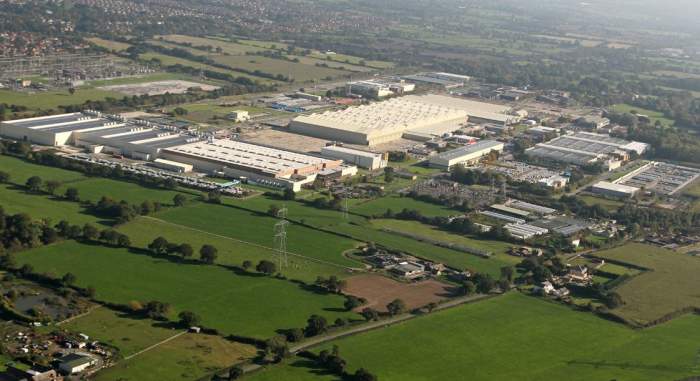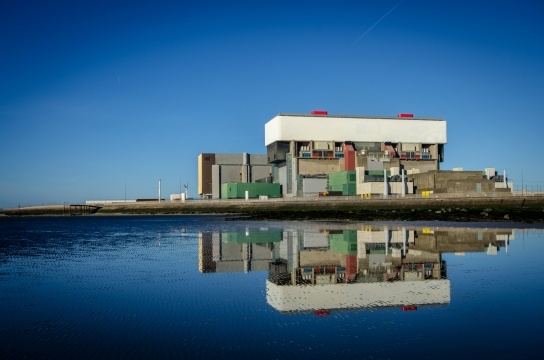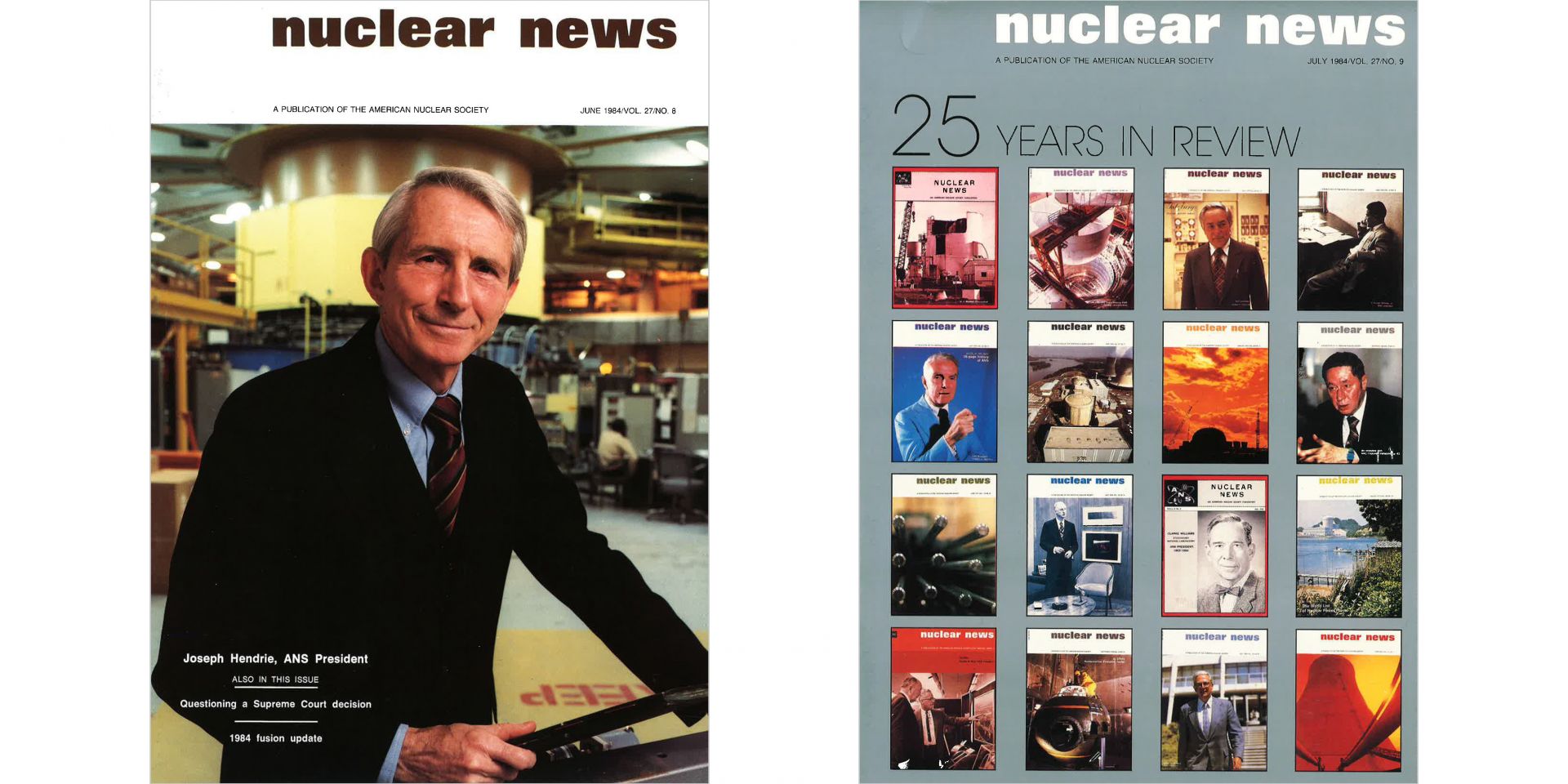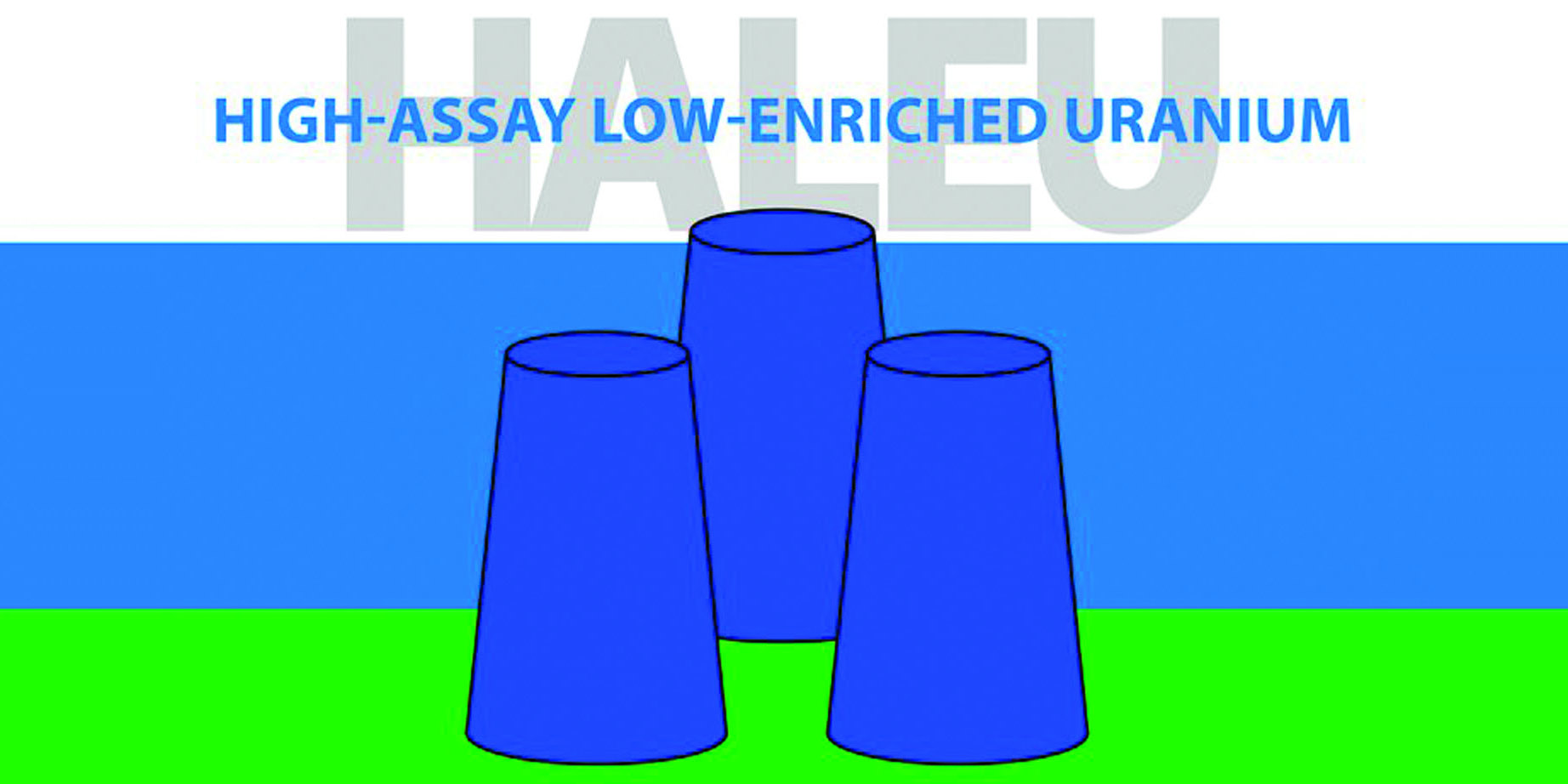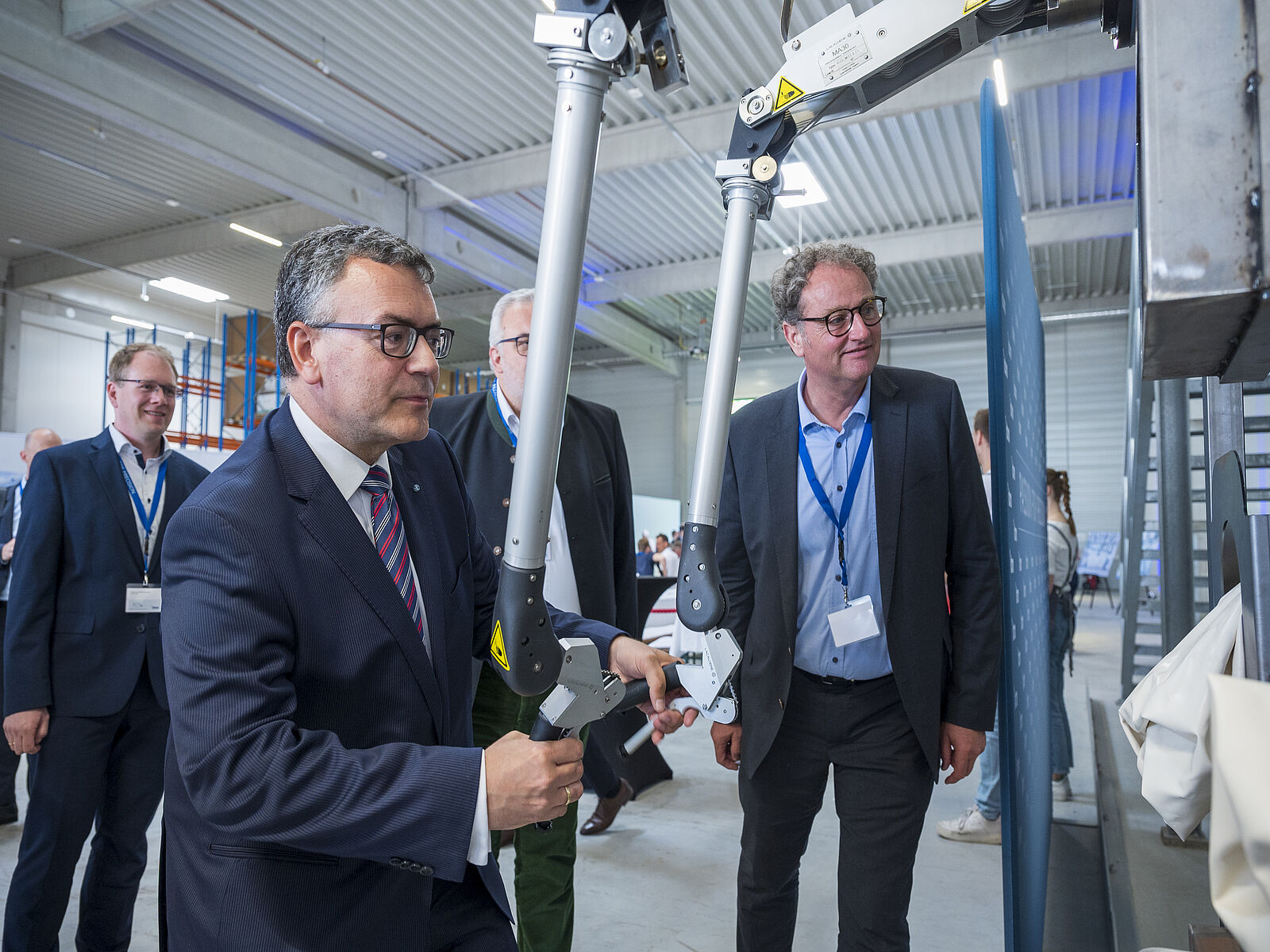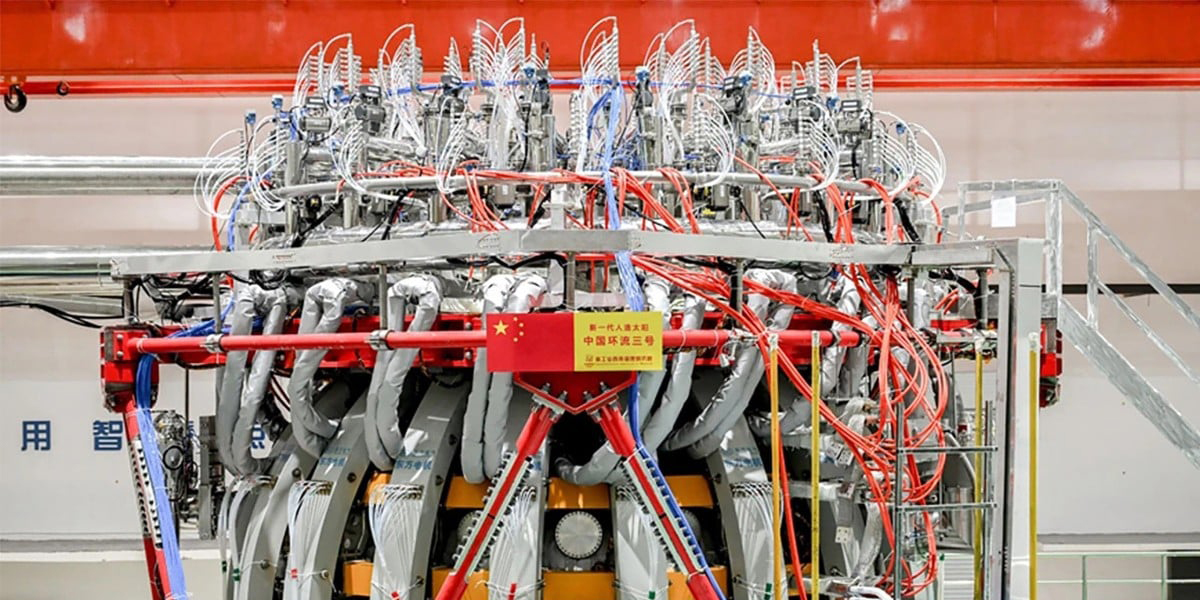Urenco UK’s Capenhurst enrichment site, which received a grant in July 2023 to prepare for HALEU enrichment. (Photo: Urenco UK)
The United Kingdom’s Department for Energy Security and Net Zero announced plans on January 7 to invest £300 million (about $383 million) to build a high-assay low-enriched uranium (HALEU) enrichment facility in northwest England. The goal? To “end Russia’s reign as the only commercial producer of HALEU.” Britain is now the first European country to declare that it will begin HALEU enrichment in a bid for supply chain security.
Heysham-1 nuclear power plant and visitors center. (Photo: EDF)
French energy supplier Électricité de France announced this week it will invest $1.7 billion to keep its U.K. fleet in production through 2026.
Bavarian minister of state Florian Herrmann (left) with ITM CEO Steffen Schuster (right) and others at a mock-up Lu-177 hot cell. (Photo: ITM)
Radiopharmaceutical biotech company ITM Isotope Technologies Munich announced it has received regulatory approval to begin production of the medical radioisotope lutetium-177 at the company’s NOVA facility in Neufahrn, near Munich, Germany.
The HL-2M tokamak reactor, developed by the CNNC’s Southwestern Institute of Physics. (Photo: CNNC)
The government of China has formed a new national industrial consortium focused on the development and advancement of nuclear fusion technology, news outlets have reported.
While interning at SRS, Texas Tech senior Jinju Philip spent time in the quality assurance program inside the Defense Waste Processing Facility. He now works part time in the Technical Student Program as a system engineer for the site’s tank closure effort. (Photo: SRMC)
The Department of Energy Office of Environmental Management’s liquid waste contractor at the Savannah River Site is giving nine college students the opportunity to jump-start their careers this year through a hybrid work program that allows them to finish their engineering or computer science studies while also interning at SRS.
